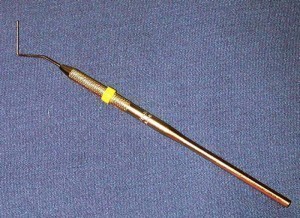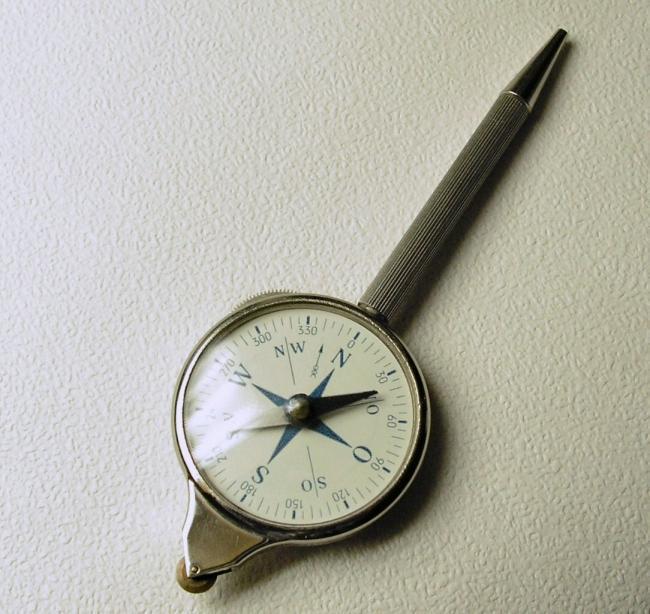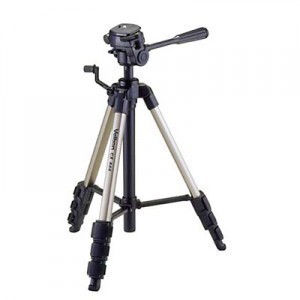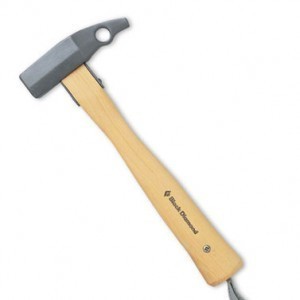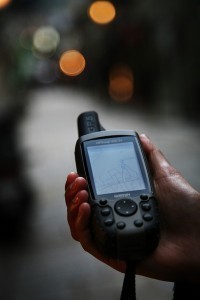Sizes of Generators
The size of a generator is determined by its kilowatts (kW). In short, a small unit with greater kW power is superior to a large, low watt system.
How Much Power is Required?
It depends on how many appliances you want to power up. The smallest practical unit should have 5 kW. This can allocate electrical power for the “survival appliances”.
These are the freezer/refrigerator, sump pump, about four lights and the furnace fan. A 6.5 kW unit can provide electrical power to all those appliances plus an average sized family room.
Mid-Sized Systems
The 8 kW system is capable of providing power for several days of power outage. Besides the family room and survival appliances, it can also give electricity to a home office. The 10 kW can do all these plus power the kitchen.
High End Units
If the size of a generator is 15 kW, that will be enough for a small house. The 25 kW is for mid-sized homes or a business establishment. This unit can run all the rooms and appliances mentioned earlier plus an air-conditioning unit. If you want total comfort, go for a 30 kW system.
For small homes, a 5 kW will be enough. It can provide power for several appliances for about eight hours. But as stated earlier, you can always go for the bigger ones if necessary.
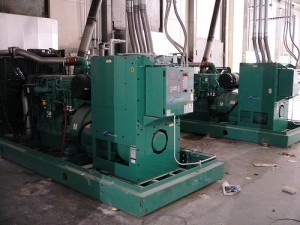 Usage of Portable Generators
Usage of Portable Generators
Portable generators are run outdoors. An extension cord is hooked up to the system. This is then connected to the appliance. Generally, this approach is most suited for smaller systems. Only one or two appliances can be connected.
Warnings
Do not run the generator indoor regardless of its size. Do not operate it in the garage or any other enclosed space. Be certain you follow the instructions for its usage. Use only the appropriate power cords and switches.
Never use an undersized power cord. This can damage the unit. Extension cord ratings are based on gauges. The most widely used are 10, 12 and 14 gauges. The smaller the gauge, the more electrical power it can transmit. There are also all-weather generators you can use.
These units can be purchased online or in stores. Since these units become in demand during blackouts, it is best to buy one before a power outage occurs. As you study the size of a generator, don’t forget to look for the transfer switches, plugs, cords and other essential stuff.
